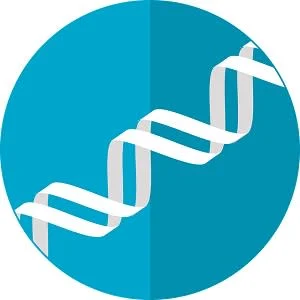The Scottish Genomes Partnership (SGP), a collaboration of the country's universities, is playing a key role in the transformation of healthcare. Findings from the project, which began in January 2015, are already helping to improve diagnoses of patients in the Scottish NHS, as well as advancing the understanding of rare and common diseases including cancer.
What's more, work carried out by the SGP has given researchers unprecedented access to gene sequencing technologies. According to these researchers, pioneering techniques that can sequence a person’s entire genetic make-up in under three days have the potential to transform patient care in the coming decades.
The setting up of two cutting-edge centres for genome sequencing, in Edinburgh and Glasgow, and the contribution of NHS staff from across Scotland, have laid the foundations that will make the transformation possible.
The collaboration, led by the Universities of Edinburgh, Glasgow, Aberdeen and Dundee and NHS Scotland, is helping to advance personalised medicine for the benefit of patients in the country. Already, more than 400 NHS Scotland patients and their families have had their entire genetic make-up decoded under the scheme.
In addition, NHS Scotland Regional Genetics Services have identified sufficient patients with rare inherited conditions to allocate the remainder of the 1,000 genomes available in Scotland as part of the 100,000 Genomes Project.
“As the NHS turns 70, it is the perfect opportunity for the Scottish Genomes Partnership to highlight its hope for the future through the successful partnership between four of Scotland’s medical schools, the NHS Scotland Genetics and Laboratory services and Genomics England," according to Prof. Tim Aitman, Director of the Centre of Genomic and Experimental Medicine at the University of Edinburgh, who is Co-Chair of the SGP.
The gene sequencing technology, Prof. Aitman says, offers one of the biggest opportunities in today’s NHS, delivering precise molecular information that is changing the management of diseases. The technology could also ultimately enable prevention of diseases, he adds.
For his part, Prof. Andrew Biankin, Director of the Wolfson Wohl Cancer Research Centre at the University of Glasgow and Co-Chair of the SGP, says: “Genomic testing allows us to start predicting which therapies will work best for an individual cancer patient, improving outcomes whilst minimising side-effects and cost."
Source: The Scotsman
Image Credit: Pixabay
Latest Articles
genomic testing, Genomic sequencing, gene sequencing technologies
Genomic sequencing within 3 days for healthcare transformation






